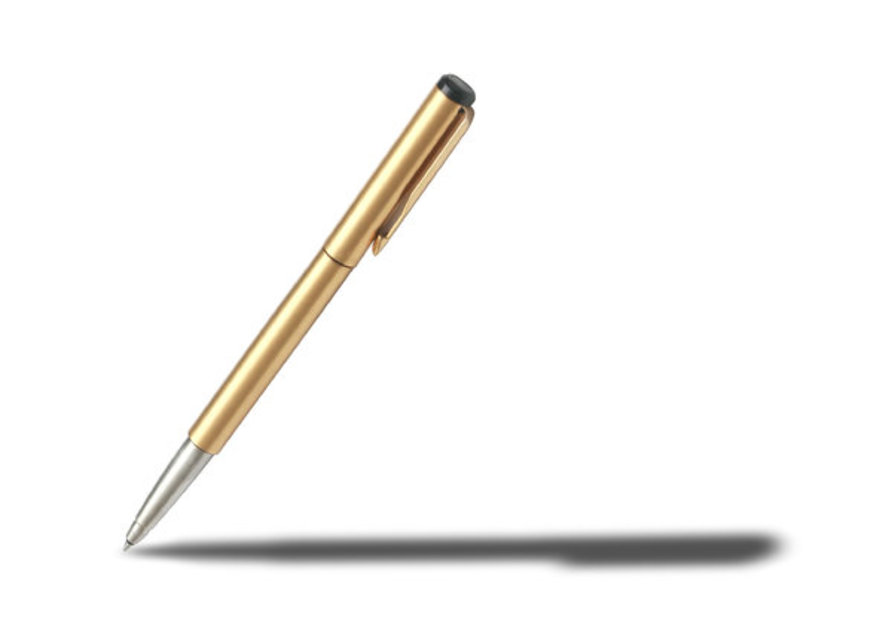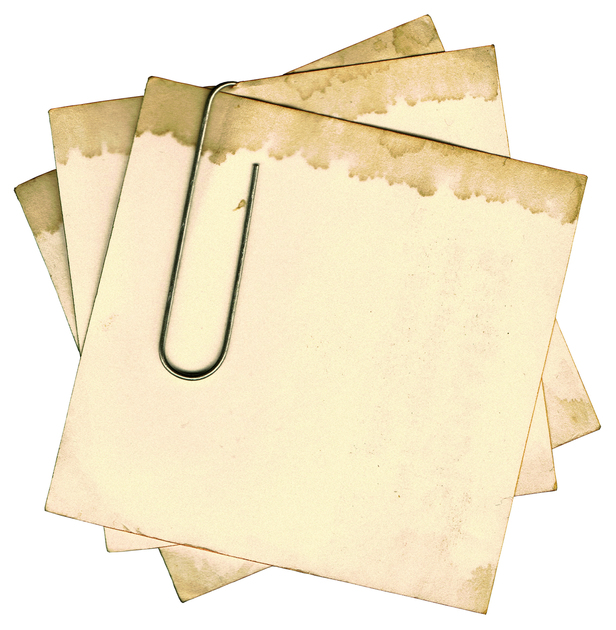
Why does choice matter? It is only because we are free to choose that we are held accountable for our choices. If we have no choice in our actions then there is no such thing as crime and we might as well let all the prisoners go free. As a society we assume that when someone chooses wrongly they could have chosen rightly.
What kind of power is the power of choice?
See, I set before you this day life and prosperity, death and adversity...I have put before you life and death, blessing and curse. Choose life... (Devarim 30:15-20)
A truly meaningful choice is essentially a choice between good or bad, life or death. If these are the two options put before us, why wouldn’t we choose life?
To answer this, we have to understand the dynamics of our inner process. What causes us to make good choices and what causes us to make bad ones?
Rabbi Eliyahu Dessler introduced a concept which he calls the ‘point of choice.’ He explains that most of the time we don’t act out of choice. We either reject wrongful behavior without question because it never even crosses our minds to do it or we do destructive things because we are completely habituated to it, as for example in addictive behavior.
In between these two possibilities – beyond choice and beneath the radar of choice – is the arena where the struggle takes place.
The struggle varies widely between people. A robber will steal without thinking twice about it. This is the life he grew up with. But should he murder the homeowner when he’s caught red-handed? He might struggle with himself over that. At the other end of the spectrum someone who grew up in a more refined environment will have a more refined struggle and debate whether or not to borrow someone’s pen without asking permission so they can quickly jot down a phone number.
Every person has freedom of choice. The only question is: Where is the point of struggle for you? That is the point where you have the opportunity to exercise your freedom of choice. (Michtav Me’Eliyahu Rabbi Eliyahu Dessler Vol I p. 113)
What is the struggle about?
Let us look again at the injunction: ‘Choose life!’ Two paths are shown to you. One is full of thorns and one is smooth. The path that was thorny at first soon turns out to be smooth and the path that was smooth soon turns thorny. What seems to bring success is not what really brings success. What seems difficult may be shown ultimately to be good. (Yalkut Shimoni)
Thus, choice is the place where truth meets illusion. ‘It will be okay’ you tell yourself, when you know it won’t be okay. When you are not aware of the consequences of what you are doing, either because you can’t see it or are ignoring it, you make poor choices.
So actually the more aware you are of the truth and the true meaning of the situation and what it demands from you, the less likely you will be to contradict your awareness of truth.
“The ultimate choice is when there is a sense that one has no choice, that one must choose what is good.” (Pirkei Kinyan Da’at p. 71)
No one is forcing you one way or another. Your awareness is so profound that it simply does not allow you to do otherwise. In Logotherapeutic terms this kind of clarity is called conscience.
“An optimal therapeutic outcome would mean that the patient, in being true to himself reaches a point, ‘where he could not do other than to follow his innermost calibrated conscience according to his own value standard.’ (Logotherapy textbook, Lukas, p. 61-63)
When you are fully aware of the meaning of the situation and what it requires of you, you no longer deliberate over what you need to do.
So is free choice a good thing or a bad thing?
Asking if it is good to struggle over difficult choices in life is like asking if it is good to suffer. Suffering is part of the human condition. Logotherapy embraces suffering for the achievement of courage and perseverance and humility that come through it. Frankl said that suffering is a human achievement.
What is the achievement of struggling with one’s self?
Should I speak up or shouldn’t I speak up? Am I ready to let go of this resentment? By doing this am I repeating an old behavior pattern?
The point of choice is not static. Every bad choice diminishes one’s capacity for good choice. Every good choice makes it easier to do it again. Eventually the previous battlefield enters the realm of ‘beyond choice.’ It is only through the experience of struggling that you get clarity and awareness and through this clarity you can move into the realm of ‘beyond choice’ and finally be free.

 Previous
Previous

